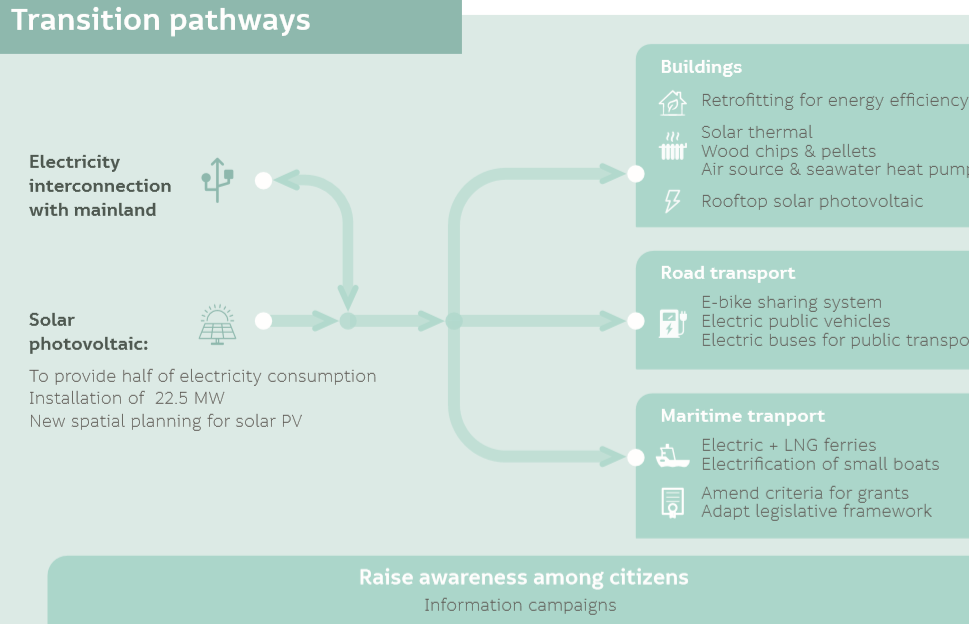
Split/Hvar, 20 November – Six European islands have today published their clean energy transition agendas, making a firm step towards decarbonising their energy systems with a strong focus on citizen engagement. Selected by the Clean Energy for EU Islands Initiative of the European Commission in February 2019, the Aran Islands (Ireland), the Cres-Losinj archipelago (Croatia), Culatra (Portugal), La Palma (Spain), Salina (Italy), and Sifnos (Greece) have each developed decarbonisation pathways tailored to their individual needs and assets over the past nine months.
The six clean energy transition agendas are published in the context of the fourth Clean Energy for EU Islands Forum in Split and Hvar, Croatia, where stakeholders of the EU islands community meet from 20-22 November to discuss transition pathways, technologies and opportunities for actively involving citizens.
Director-General for Energy, Ditte Juul-Jørgensen, said: “Thanks to the evolution of technology, the potential for reducing energy costs on islands and moving towards energy autonomy has never been greater. Established in the context of the Clean Energy for all Europeans package, the Clean Energy for EU Islands Initiative is set up to assist and accelerate this process. Moreover, islands can be lighthouses for global climate action. Whether it’s through more wind power, retrofitting homes, moving towards electric mobility, decarbonising maritime transport or deploying renewable energy for domestic hot water and heating, the decarbonisation solutions showcased by these six pilot islands will veer them towards higher energy efficiency, more renewables and low-carbon pathways”.
- The Cres-Lošinj archipelago aims to completely decarbonise its energy system by 2040. This will be done in part through community-owned solar farms.
- Culatra will work towards 100% renewable energy self-consumption, which will be owned by the local community.
- The Aran Islands will install community-owned wind power, retrofit homes, and deploy heat pumps or other renewable energy sources for domestic hot water and space heating
- Salina aims to increase public awareness on energy and environment. Salina will decarbonise its power generation plants, switch to 100% electric/hybrid mobility on the Island, increase efficiency in its buildings and decarbonise its maritime transport.
- La Palma aims for full decarbonisation and self-sufficiency in the energy sector. The island transition team puts a strong focus on building a resilient island energy system, actively involving the more than 100 local associations who committed to supporting the island’s transition.
- Sifnos aims to become 100% renewable and self-sufficient, and has developed a number of pathways the island could follow to achieve this goal. Any installations will be co-owned by the local community and private investors.
Learn more about the islands' Clean Energy Transition Agendas:
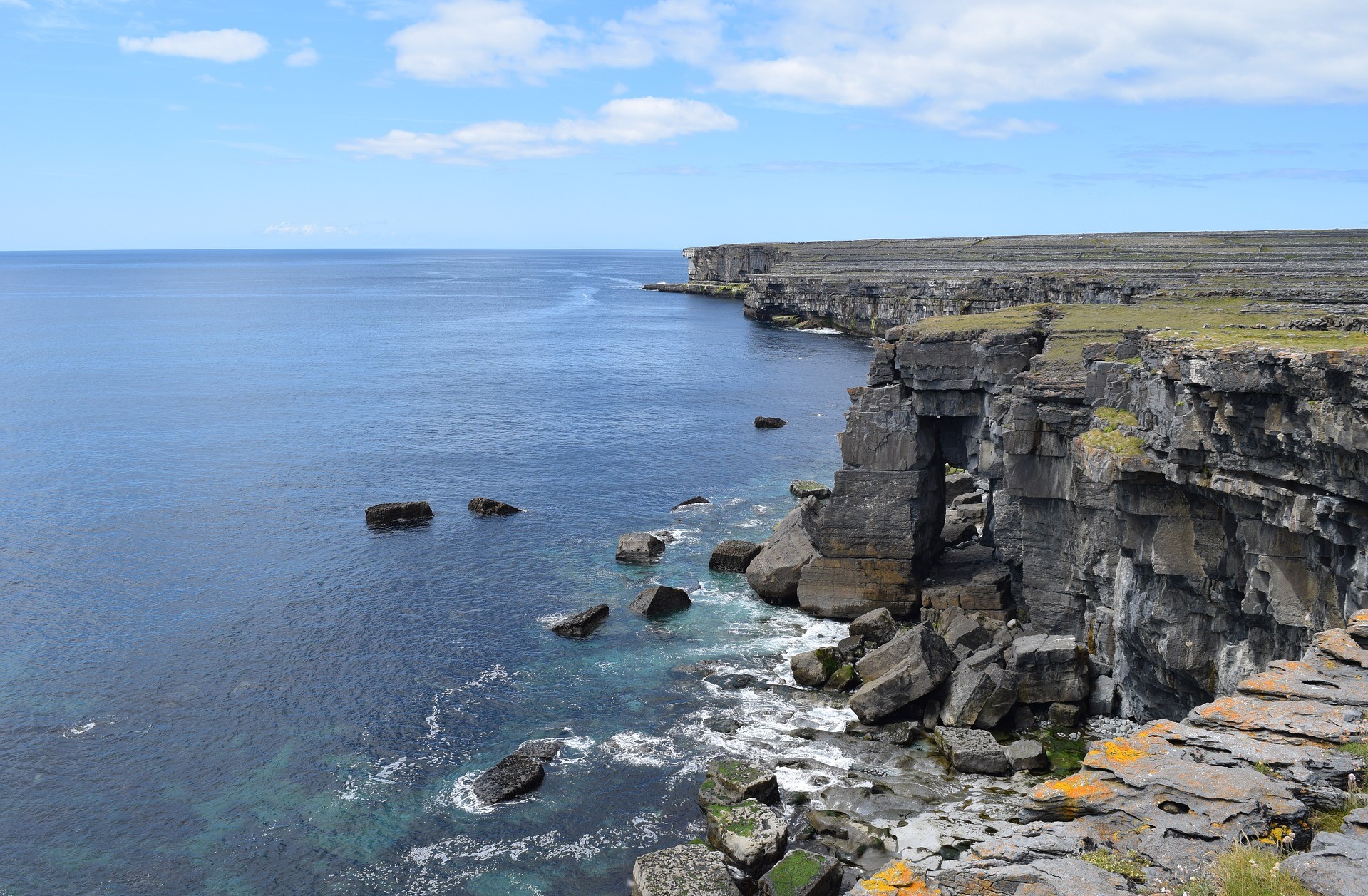
|
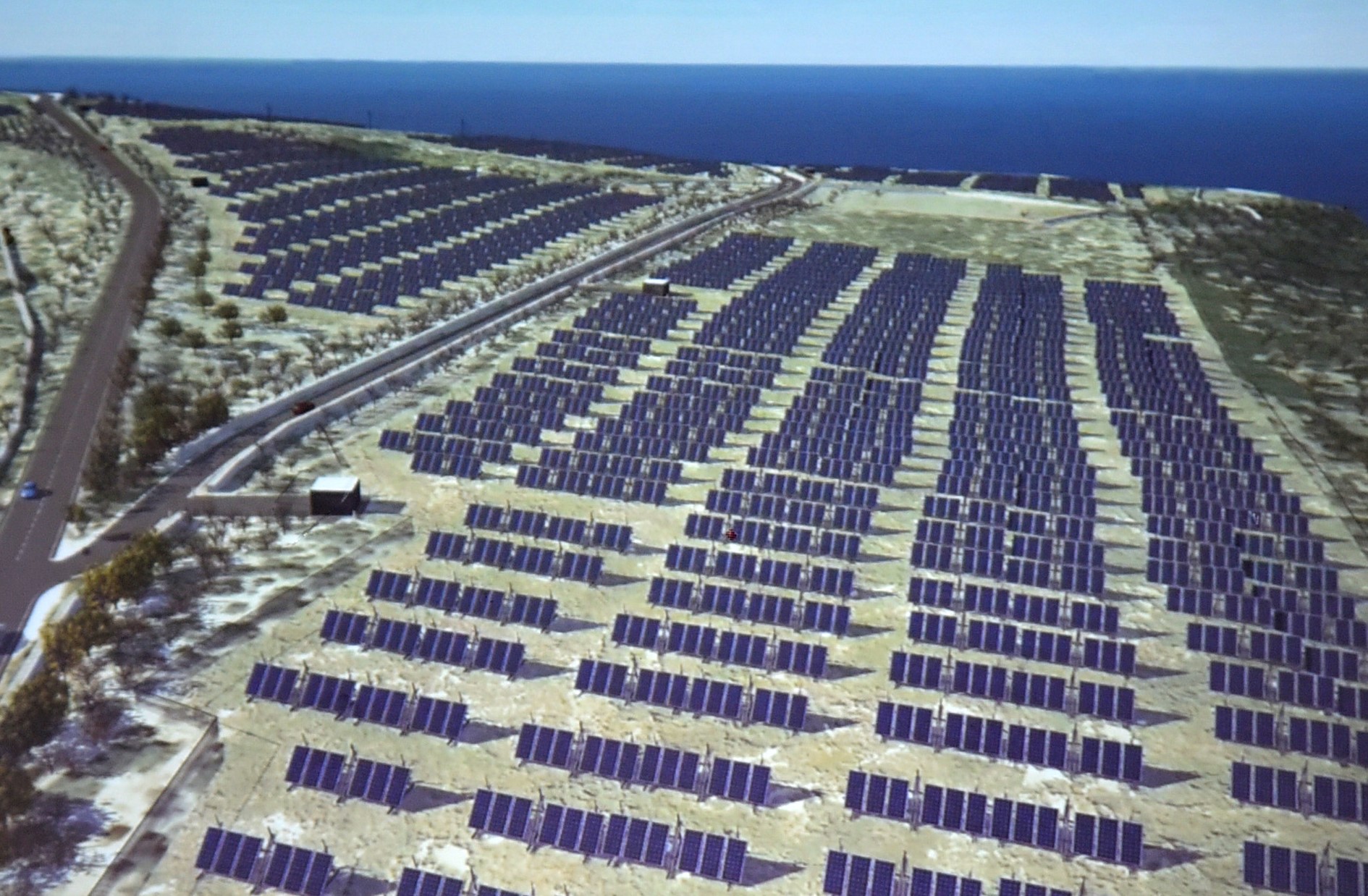
|
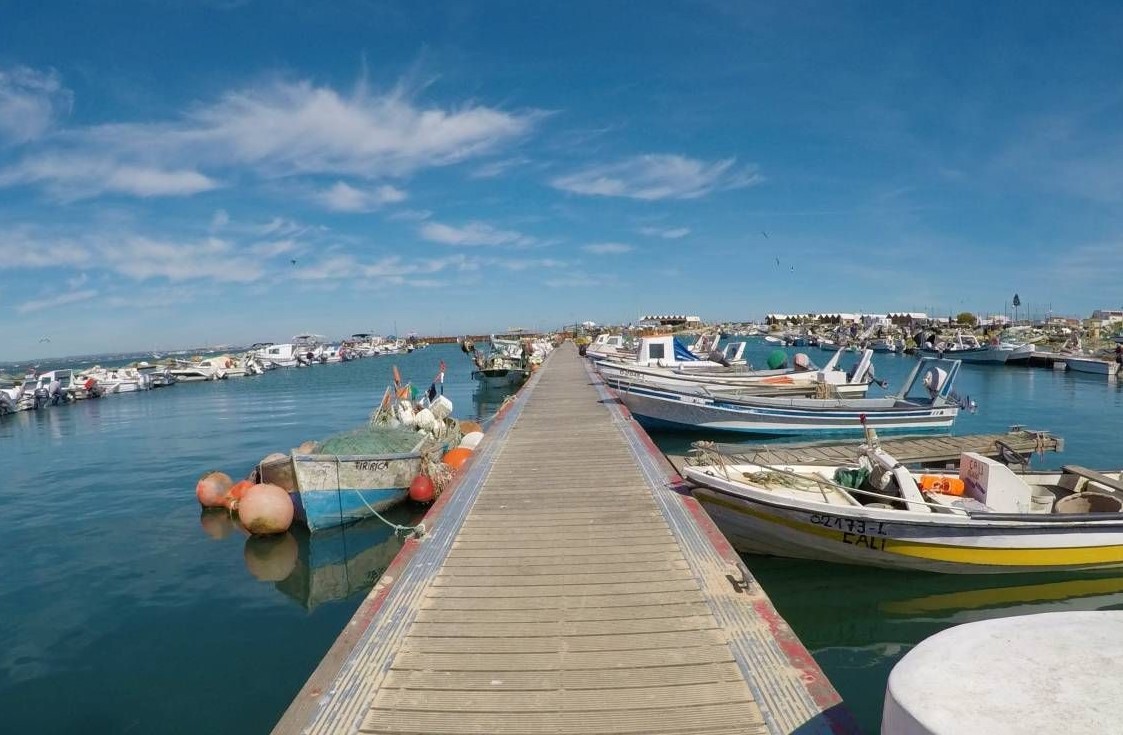
|

|
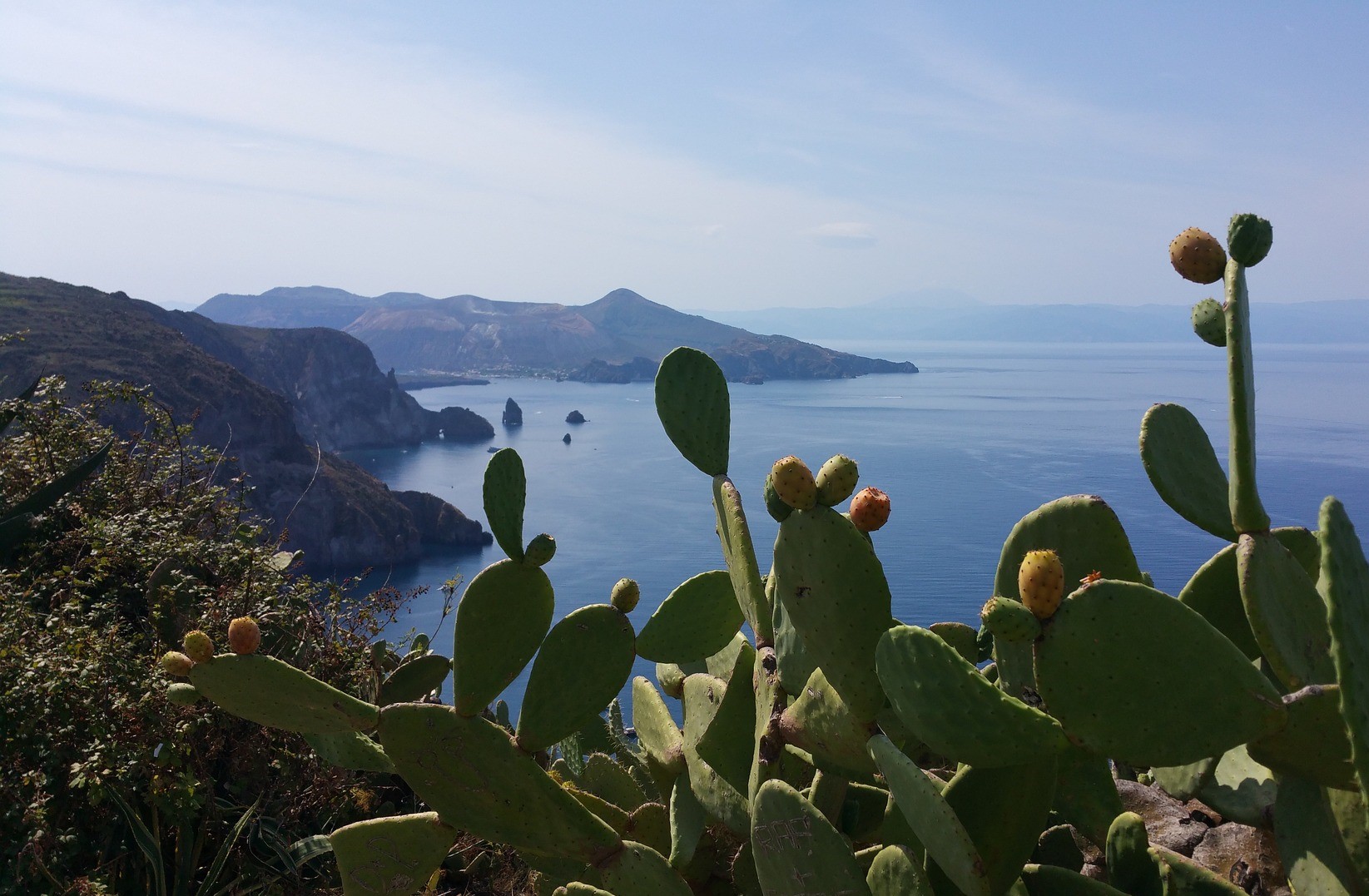
|
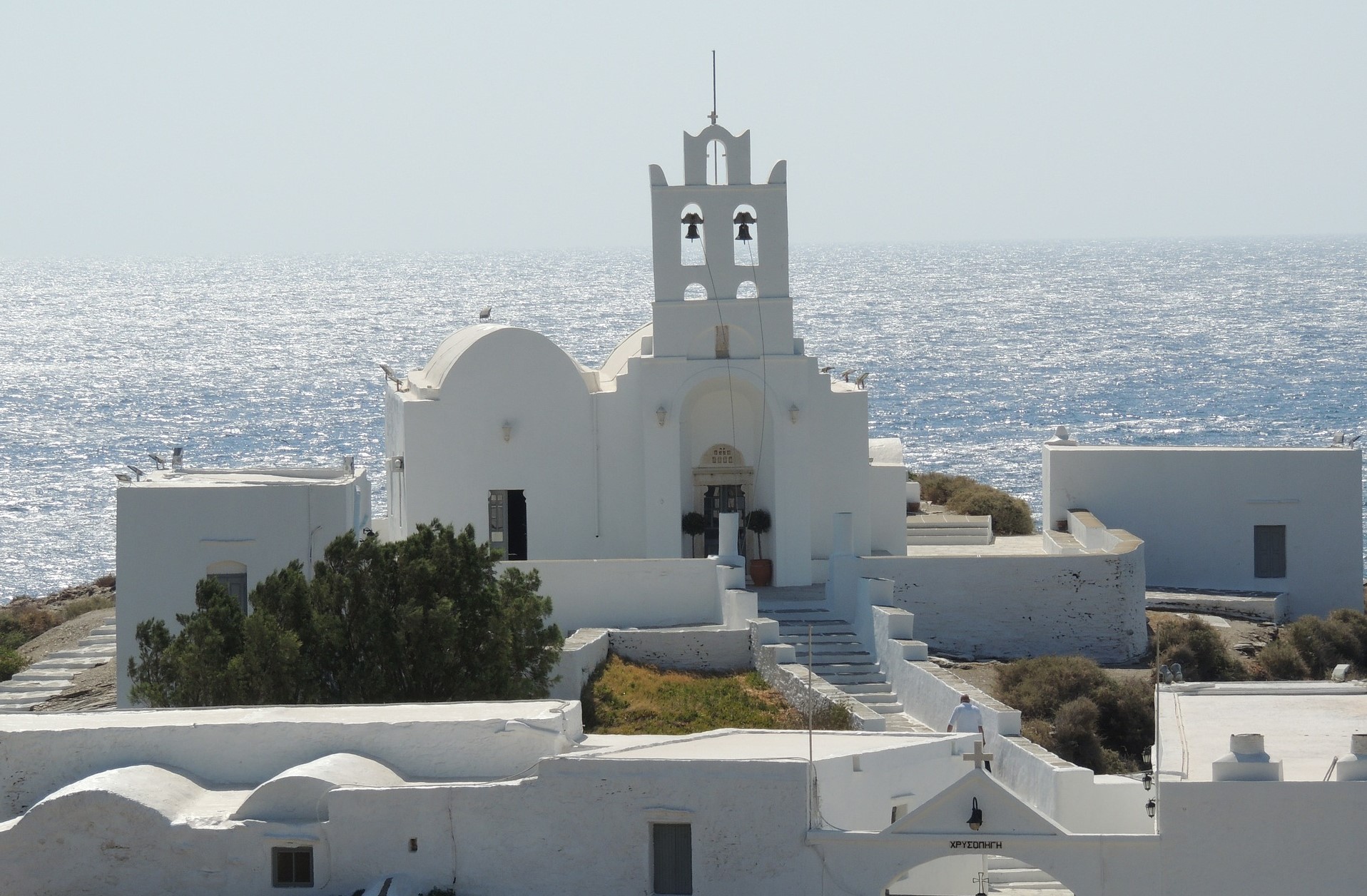
|
The islands’ transition agendas were co-authored by the island transition teams and the Clean Energy for EU Islands Secretariat. Armed with these agendas, these six islands will in the coming months hone in on project development and strengthening their engagement strategies for the local community. A number of other EU islands are currently in the process of developing clean energy transition agendas and will publish them in the coming year.
Press contacts
- Clean Energy for EU Islands Secretariat
- Myriam Castanié, myriam.castanie@euislands.eu, +32 484 12 38 40
- Myriam Castanié, myriam.castanie@euislands.eu, +32 484 12 38 40
- Aran Islands, Ireland
- Avril Sharkey, Aran Islands Energy Cooperative, nishearcaighavril@gmail.com, +353 874 15 84 19
- Avril Sharkey, Aran Islands Energy Cooperative, nishearcaighavril@gmail.com, +353 874 15 84 19
- Cres-Lošinj, Croatia
- Ugo Toic, PPLR Otok Cres, ugo@pplr-otokcres.info, +385 91 2229 943
- Ugo Toic, PPLR Otok Cres, ugo@pplr-otokcres.info, +385 91 2229 943
- Culatra, Portugal
- André Miguel Duarte Pacheco, University of the Algarve, ampacheco@ualg.pt
- André Miguel Duarte Pacheco, University of the Algarve, ampacheco@ualg.pt
- La Palma, Spain
- Nuria Albet Torres, La Palma Renovable, nuria@lapalmarenovable.es, +34 681 60 83 71
- Laura Pinero Prieto, La Palma Renovable laura@lapalmarenovable.es, +34 659 93 03 59
- Salina, Italy
- Francesco Cappello, ENEA Palermo, francesco.cappello@enea.it, +39 91 78 24 120
- Daniele Enea, ENEA Palermo, daniele.enea@enea.it, +39 6 30 48 73 28
- Filippo Martines, Energy Consultant, martinex@tin.it, +39 3 35 62 64 990
- Sifnos, Greece
- Ioannis Gyllis, Sifnos Island Cooperative, info@sifnosislandcoop.gr, +30 69 77 66 31 05
About the Clean Energy for EU Islands Initiative
As part of the EU’s Clean Energy for All Europeans package, the EU's Clean Energy for EU Islands initiative provides a long term framework to help islands generate their own sustainable, low-cost energy. The Clean Energy for EU Islands initiative was launched in May 2017 in Malta, when the European Commission and 14 EU countries (Croatia, Cyprus, Denmark, Estonia, Finland, France, Germany, Greece, Ireland, Italy, Malta, Portugal, Spain, and Sweden) signed a Political Declaration for the decarbonisation of EU islands.
About the Secretariat
The Clean Energy for EU Islands Secretariat provides comprehensive guidance to islands on how to kick-start and advance their clean energy transition in the form of stakeholder engagement methodology, support in the preparation of transition agendas, capacity-building, technical support on developing projects and financial plans as well as networking and community-building opportunities. www.euislands.eu
